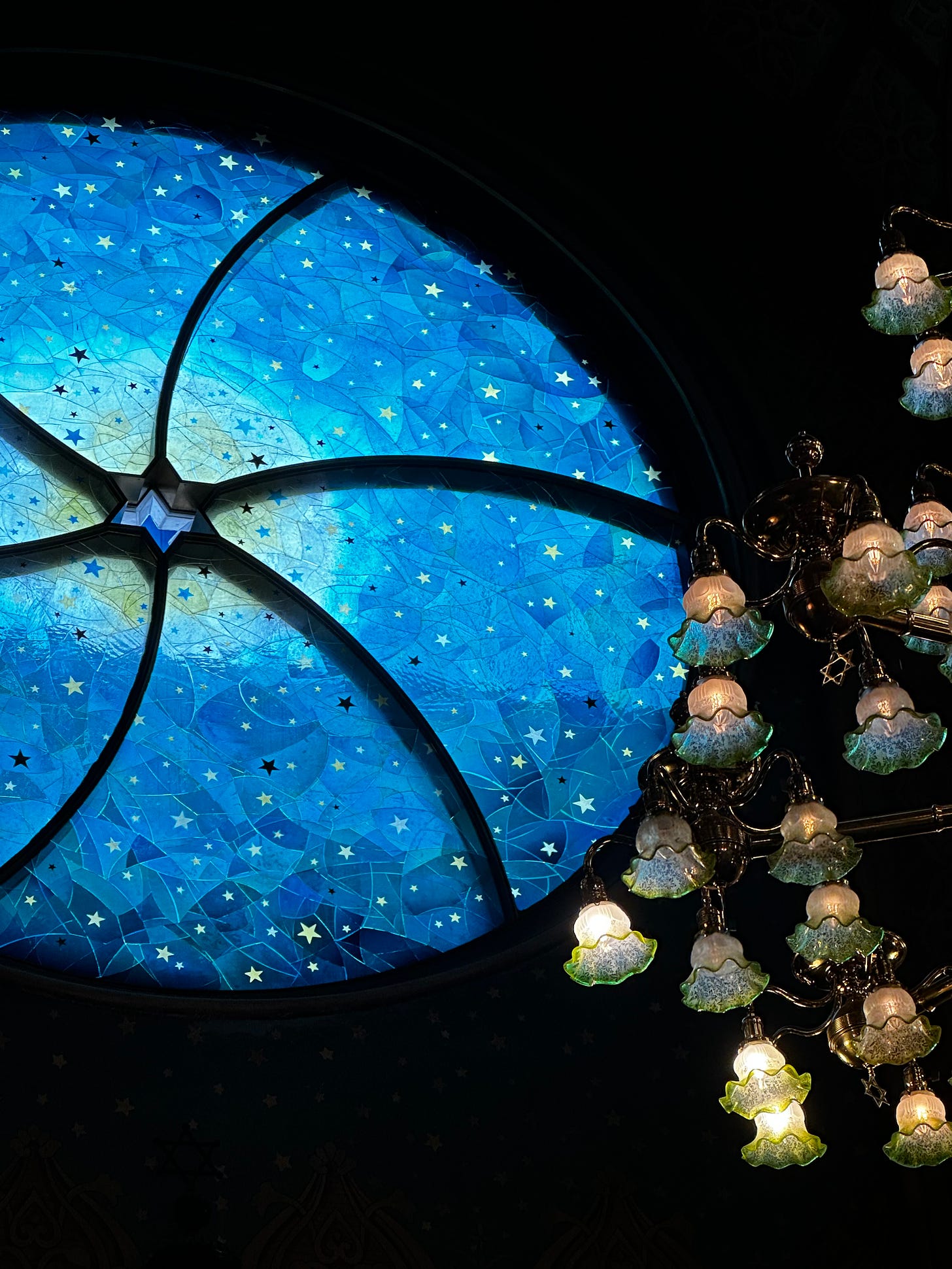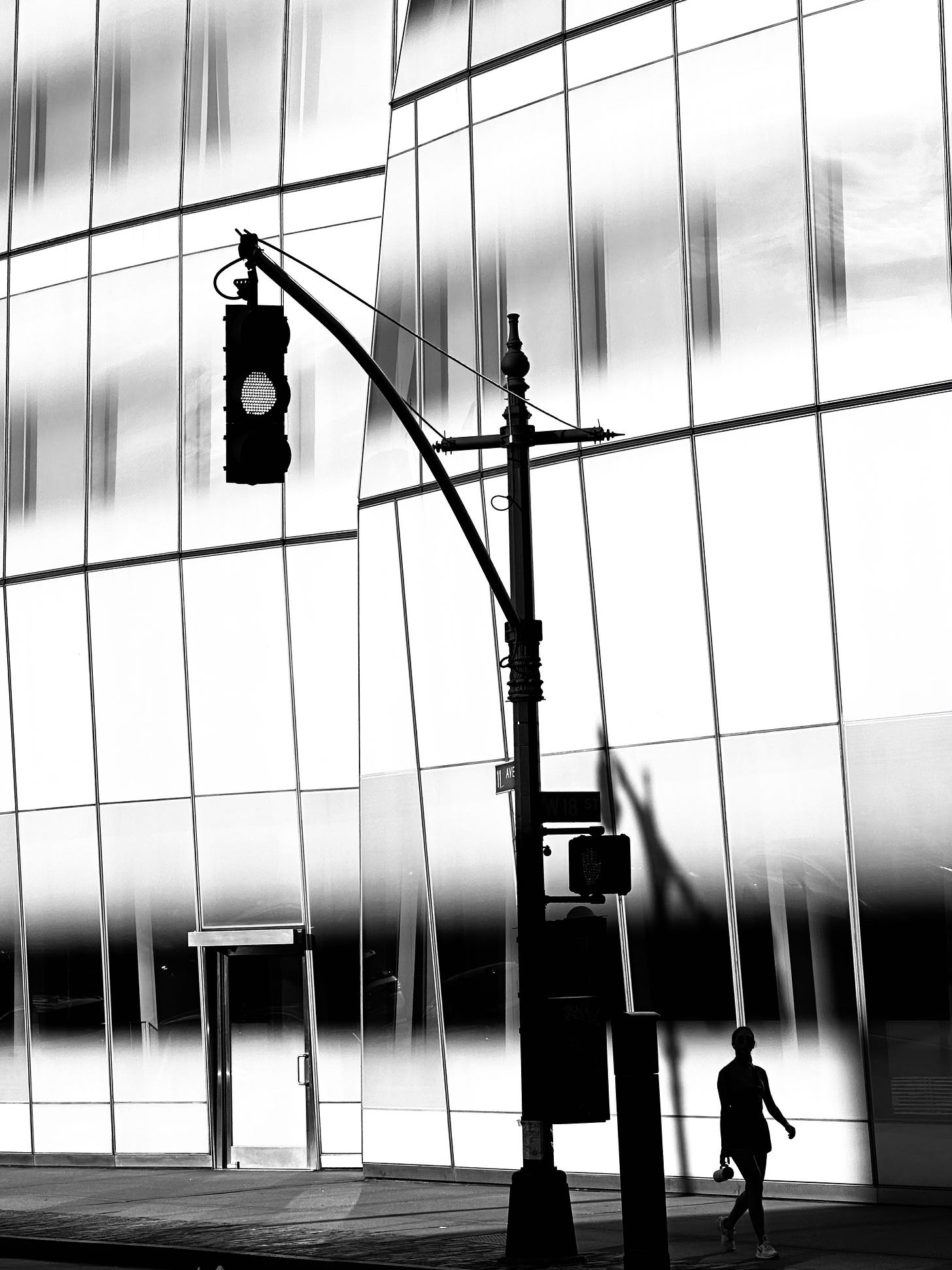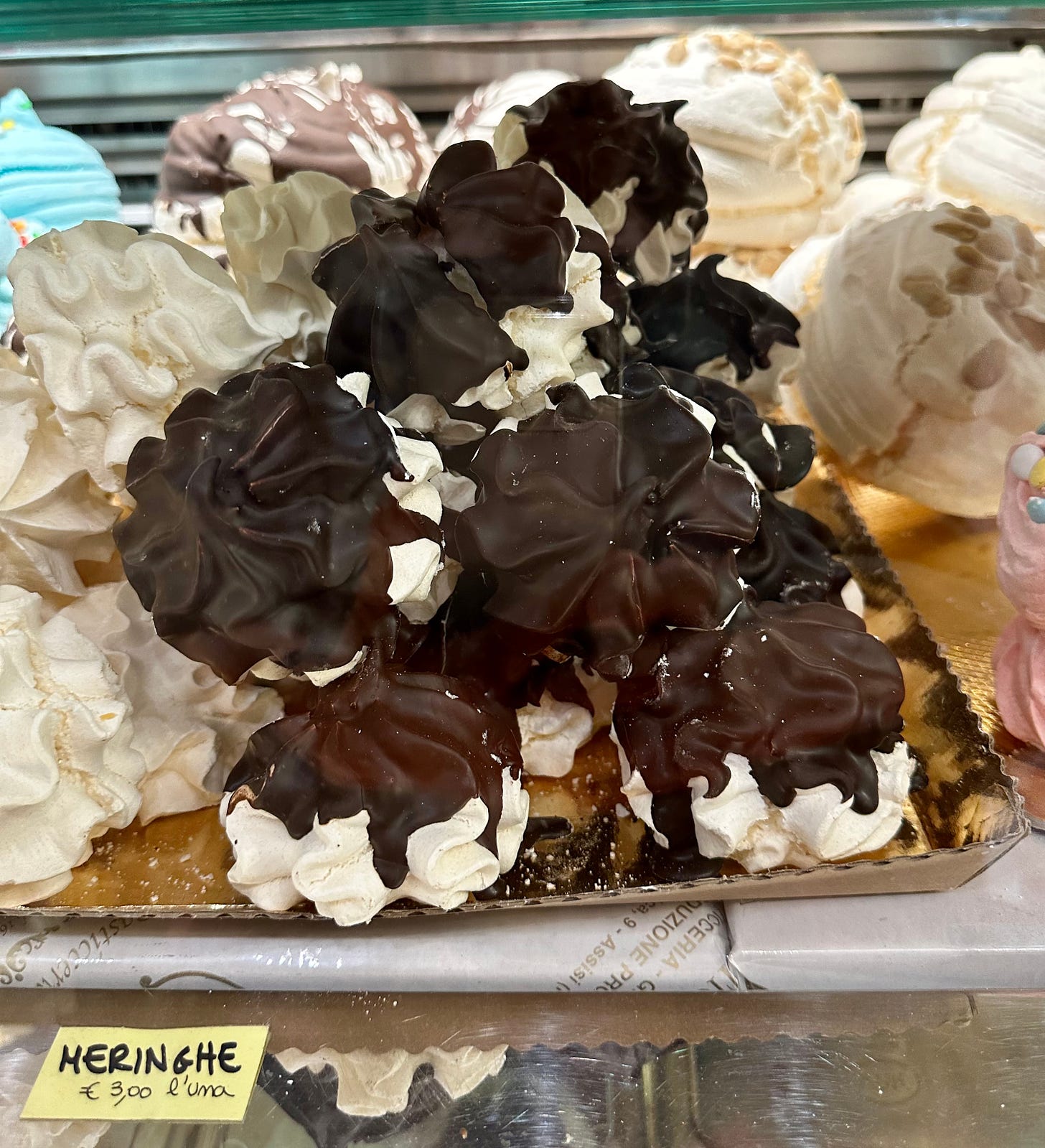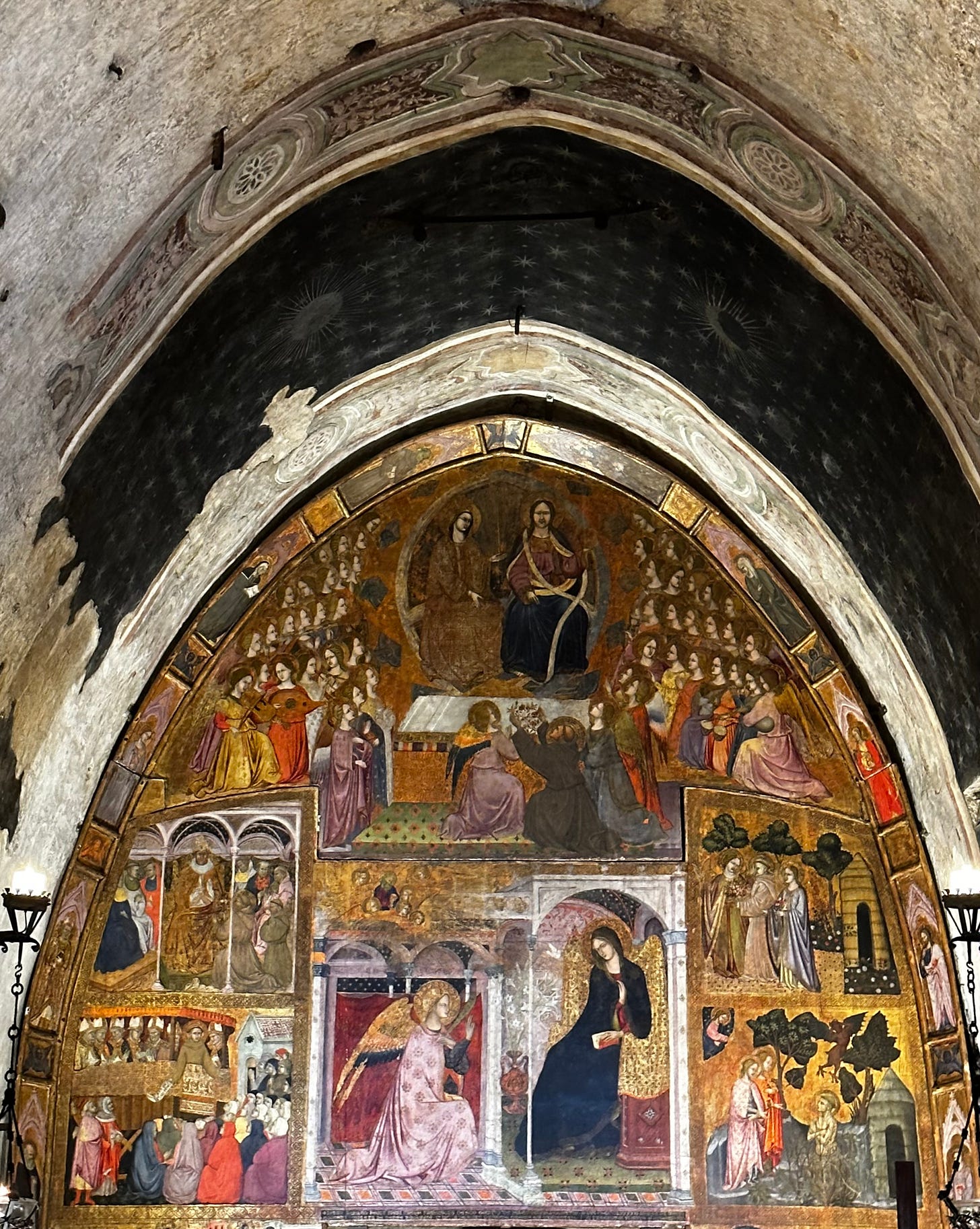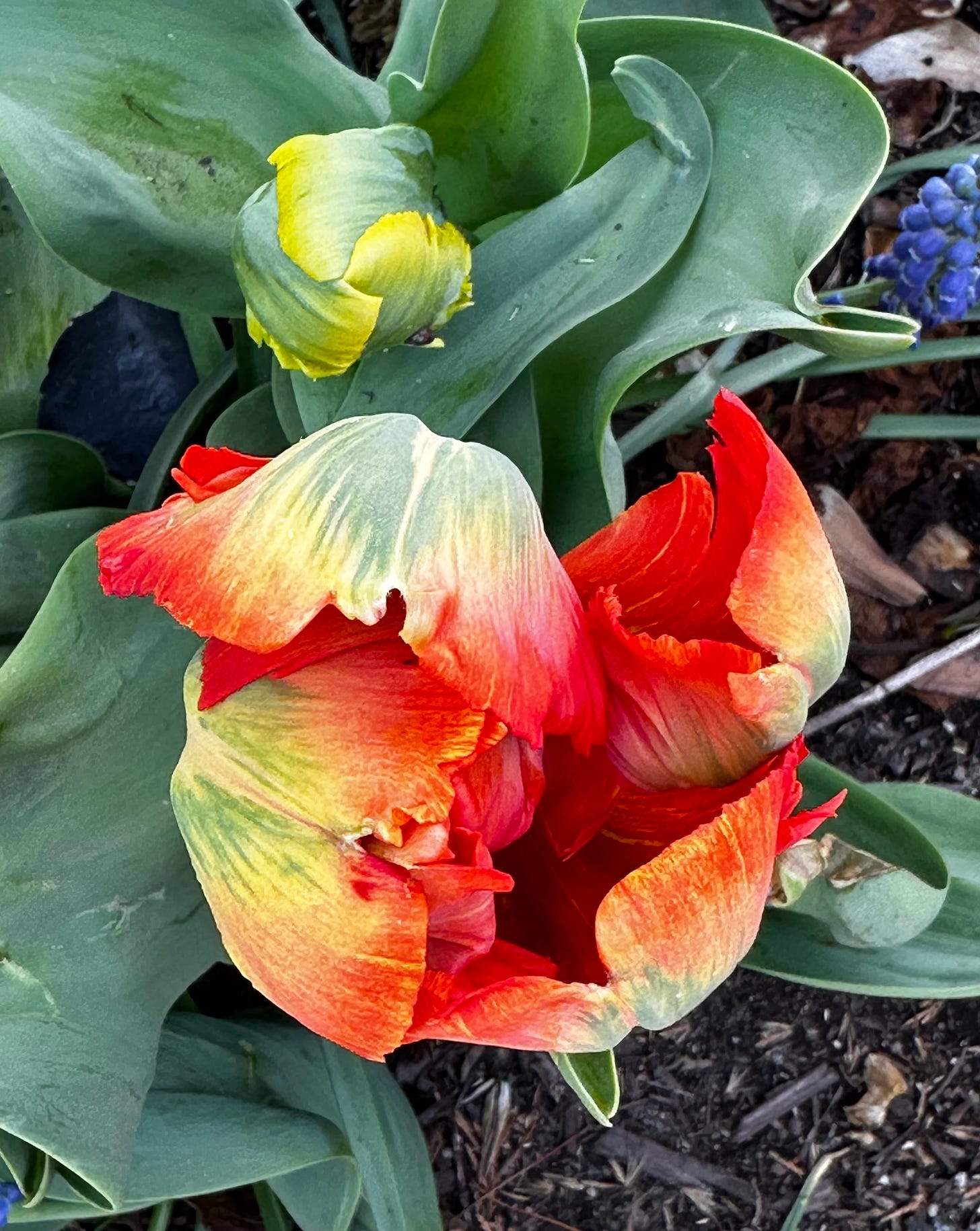The Los Angeles Public Library blog shows THE MURDER OF MR. MA a whole lotta love!


The delightful folks at The Bookish Hour, Sarah E. Burr and J.C. Kenney, invited me to appear on the Malice Domestic edition of their show along with Elle Cosimano and Laurie King. I’d tell you about what great interviewers they are and what great answers my fellow guests gave but, why, when you can watch the show yourself?
You write a book.
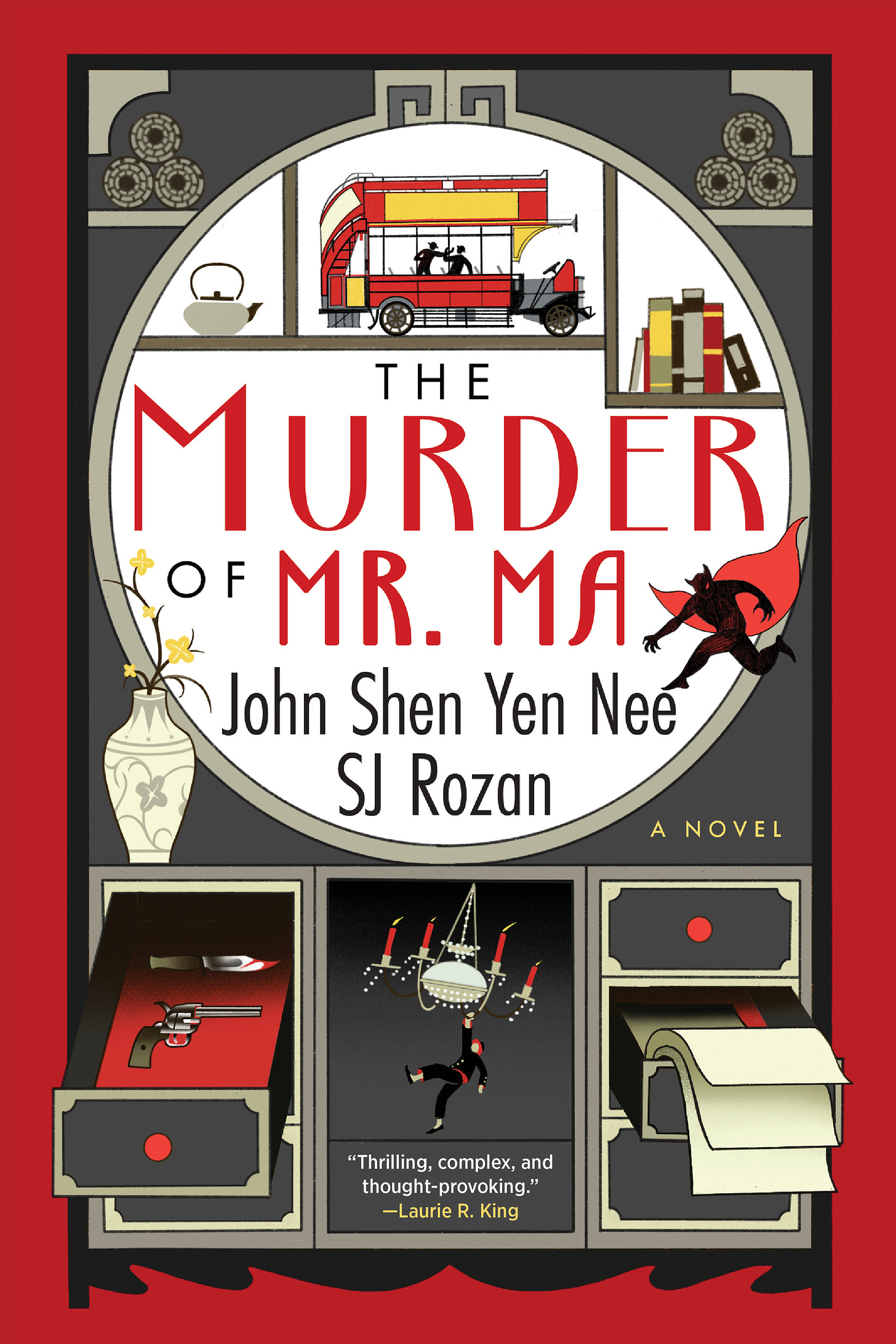
If you’re me, it’s your nineteenth. Nineteen! You’d think the daily task of writing would get easier. Nope. Now come on, on this one you had a co-writer. He handed you a complete plot, beats, highs, lows… Okay, that part was much better. But the actual day-by-day, word-by-word writing? Nope. The editing process? What? Changes? Are you mad? Yeah, yeah, okay, actually, the editor’s right when you look at it her way… So you make the changes.
Then you’re done, the publisher takes over, and there’s very little until you start waiting for the reviews. Arrggh.
But the reviews are good, or better than good, and you begin to relax, and then the LA Times, talking about the fight scenes, invokes Chow Yun Fat! Wheeee!
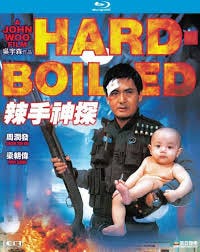
And then the launch. Worry, worry, worry. Will people come? Will the books come? Will the bookseller (P&T Knitwear) come? Are there enough books (for all those people who might not come)? Is the place (The Granddaddy Cafe) too small (for all those people who…)? Will the rain stop?
And then.
It looked kinda like this:
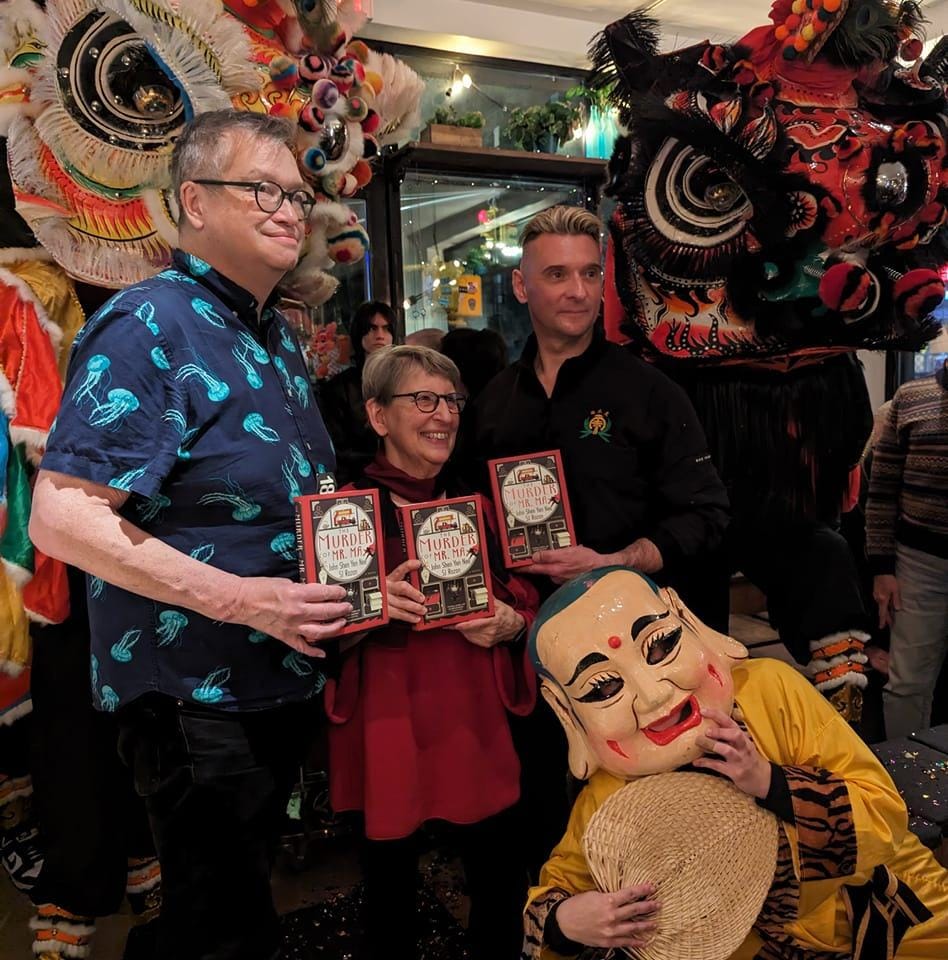
That’s John Shen Yen Nee (my writing partner), me, Master Paul Koh (our kung fu consultant), and Kristen Rosenfeld, Master Koh’s assistant.
And here’s the video, from Lia Chang of Backstage Pass.
Thank you everyone! For working on the book, for being there for me and John while we worked on the book, for coming, for lion dancing — it takes a village and this is a mighty one!
You can buy THE MURDER OF MR. MA at your local indie, at that big giant online store, or here.
The podcast is Larry Davidson’s The Artful Periscope. He’s a really informed and thoughtful interviewer and his questions are always interesting. Great discussion.
The world is going to hell. You want to write about it, a novel, but you don’t know where to start.
The world is going to hell. You want to escape it, just briefly, and write a novel, but you don’t know where to go.
You’ve started to write a novel, but it’s become such a mess that you wish the entire thing would go to hell.
I’ll be leading a two-week fiction writing workshop from the tail end of June into early July at Art Workshop International in Assisi, Italy. I’ve been doing this for many years. Assisi is beautiful, the hotel is beautiful, and you’ll hang around with writers and artists making beautiful work.
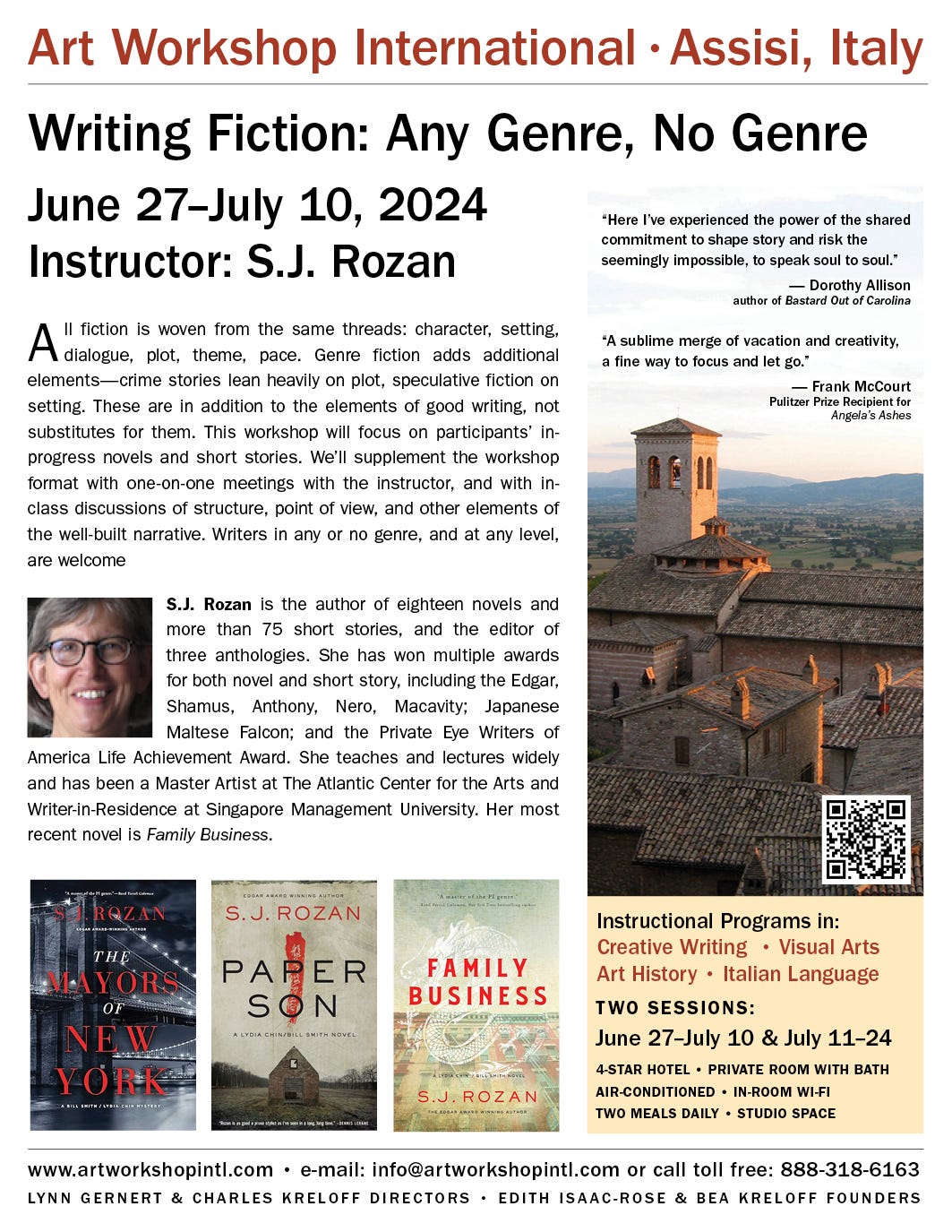
We’ll get you started, or keep you going, unknot the mess and straighten things out. You’ll critique and be critiqued by others in the workshop and, not entirely incidentally, eat wonderful food. You’ll sit on the terrace and watch the sun go down.
You need more pix?
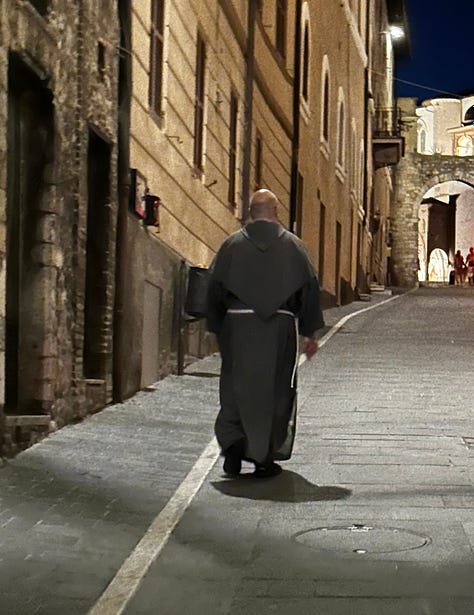

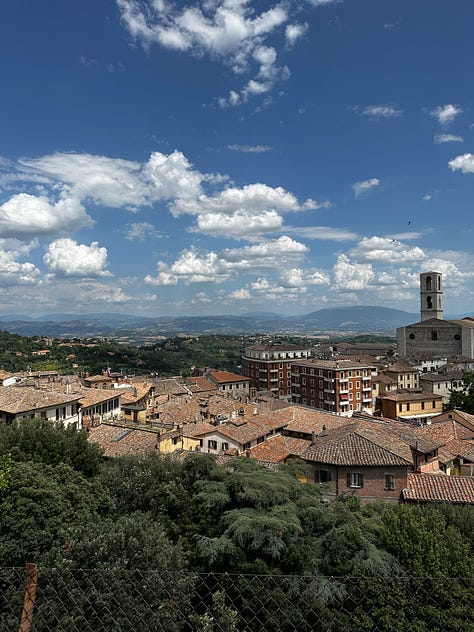

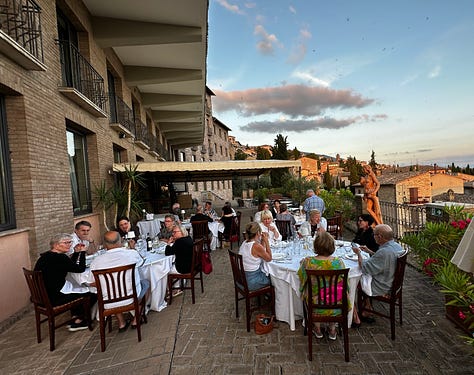

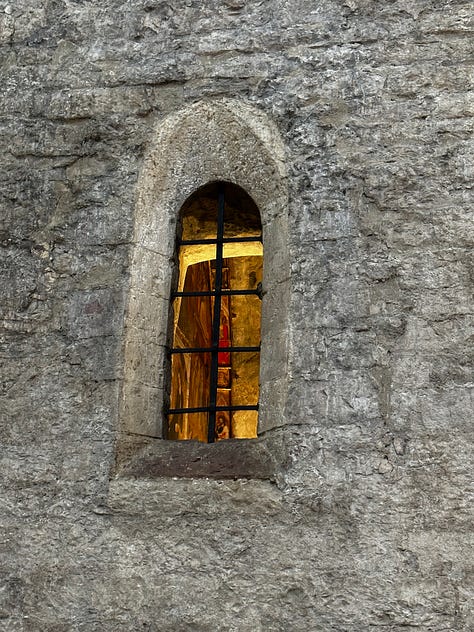
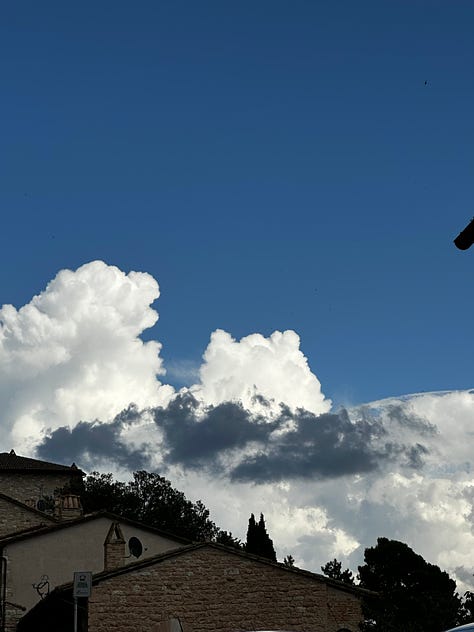

I never know if I’m coming or going, anyway. But I’ll be at Once Upon a Crime this Saturday afternoon. Come on down! For you non-Minneapolis folk, it’s a hybrid event, so you can join online; but you hardy Midwesterners, I’d love to see you!

I was going to write a post full anger, full of fury, about the atrocities on both sides in the middle east, about autocrats and liars… and I will. Oh, I will. But not right now. Right now, I want to leave this year and move into the next with a calm and hopeful heart, and this wish: May 2024 be the year in which the world, against all odds, regains some sense. Here, to help support that wish, is the last New York City sunrise of 2023. Peace, joy, and productive work to you all.

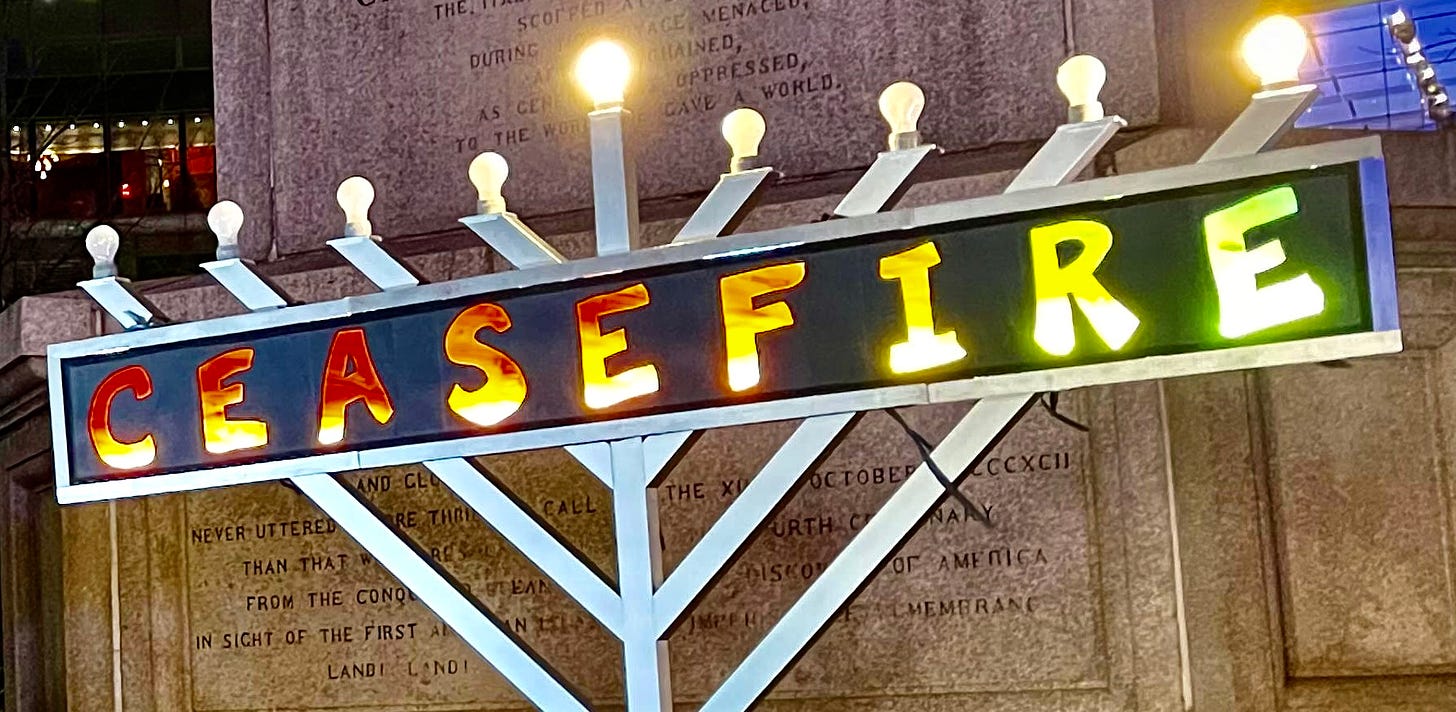
On the first night of Chanukkah I went to an event organized by, among others, Rabbis for Ceasefire. It was a cold night and a warm crowd. We lit candles, sang songs, and said prayers for the return of hostages, for a ceasefire, for an attempt at a new road forward, a two-state solution, a peace in the middle east that could last. We also, as is inevitable at a political rally, heard speeches. I’m a red diaper baby; I’ve been going to rallies since I was two. I usually can’t hear the speakers and when I can I rarely listen. This time, though, Peter Beinart said something in his short speech that’s been on my mind ever since.
I’m going to paraphrase, but the sense is there. He said he didn’t see much reason for optimism, that times had never seemed so dark. But, he said, “Jews are not called upon to be optimists.” (At which you could hear rueful laughter in the crowd. Honestly, based on the last 5,000 years, what have we got to be optimistic about?) Then he went on: “We’re called upon to have hope. And to work to make our hope a reality.”
This struck me, this distinction between optimism and hope. Optimism, and pessimism, too, are actually forms of arrogance, aren’t they? They’re predicting the future. Don’t worry, be happy, everything will turn out well. Or, panic, run and hide, everything will turn out badly.
Then it doesn’t.
Hope is different. Right now, I’m with Beinart. I see little reason for optimism. But hope is like breath. It’s always with you. I can hope for a ceasefire, I can hope for a permanent peace, I can hope for an end to the war in Ukraine while I’m at it, and I can hope for a solution to climate change. And I can work, to the best of my limited ability and alongside other people working to the best of theirs, toward those things becoming reality. Maybe they will, maybe they won’t. I don’t know.
But I don’t need to know. There’s a quote attributed to Rabbi Tarfon that goes, “It is not asked of you to finish the work, but neither are you free to refrain from it.” Interestingly, another translation makes the first phrase, “It is not given to you to finish the work…” Finishing the work would be a privilege. Chances are I won’t see the work finished. But if I plant a tree chances are I won’t see that finished, either, grown to its tall, leafy, bird-sheltering fullness. Is that any reason not to plant it?
Thanks for reading. Subscribe to my Substack to get new posts in your inbox.
In my New York neighborhood no morning is quieter than the Sunday after Thanksgiving. Everyone’s still away or sleeping in, except a few joggers and dogwalkers. I went out early; I like cold weather, sharp wind, I’ll even like the gray rainy slushy days, when they get here. I don’t like the fact that in this season the sun rises after I do and twilight starts at 3:30, but it’s a package deal.
Down at the river (for those of you who are new here, I live in downtown Manhattan two blocks from the Hudson) the tide was high, the sky was gray, and the wind was still. The ferries and tugs were all docked and I guess it was too cold for pleasure boating, even for those who haven’t put up their boats for the winter quite yet. Nothing disturbed the water: reflecting the gray sky, it looked like glass. A few gulls floated without even a tiny wake-wave to bobble on. Right beside the seawall, a platoon of geese swam by in single file. When the water’s at its highest the geese can reach the moss near the top of the wall, which is apparently quite tasty, because they all stopped every few feet and stretched their necks for a nibble.
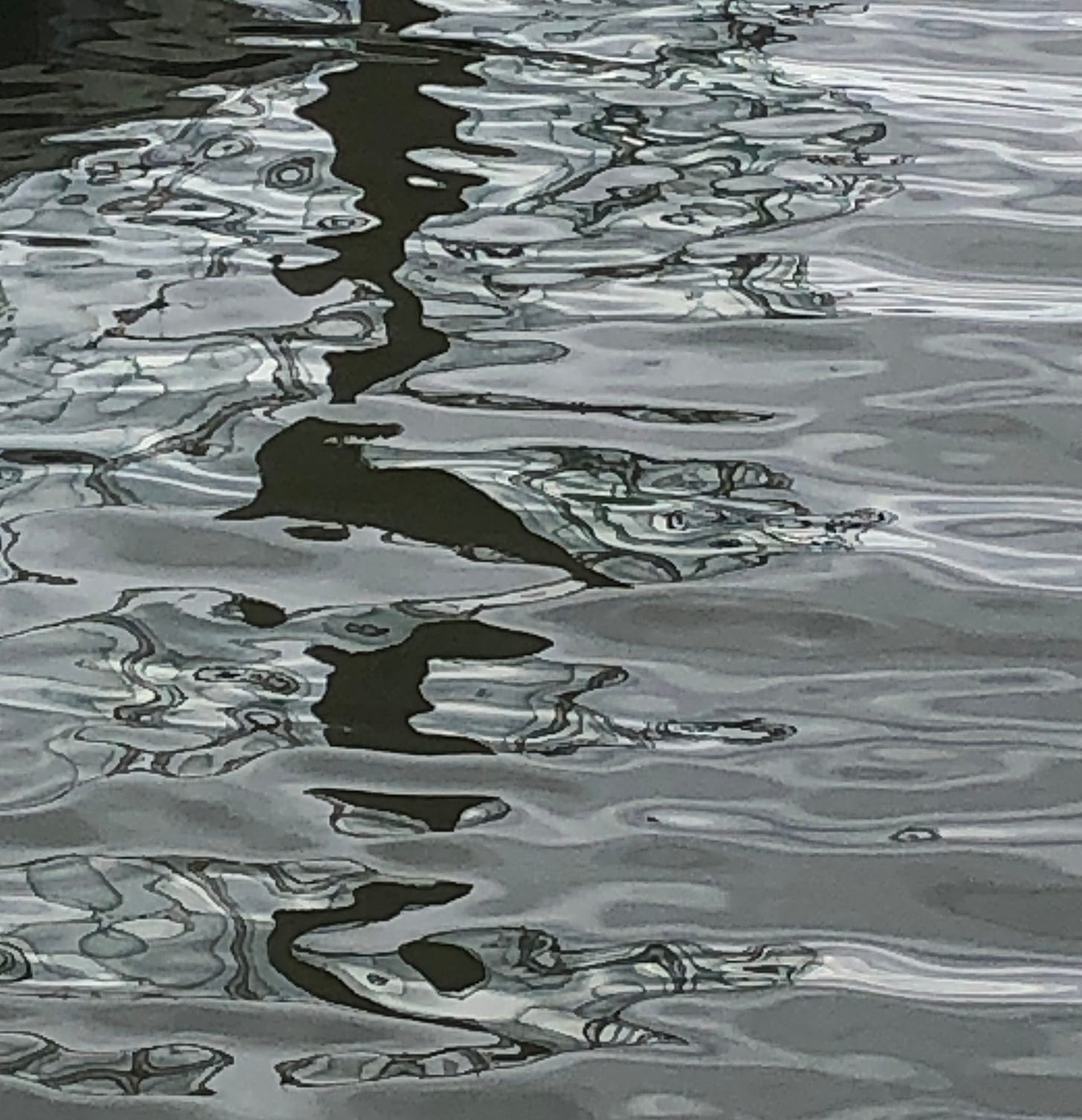
I walked around for awhile and as I headed home the tide was turning. I’m reaching for a metaphor here; I’m hoping without much justification that the tide is turning in the middle east, too. The release of hostages and the ceasefire constitute a tiny ray of light. I have definite thoughts about what has to happen once all the hostages are home, and they all depend on the ceasefire continuing to hold after that. Which is possible, barely. But hope is hope; not rational, but necessary.

Hope with me, if you want.
Also: There’s no free lunch, but this is a free Substack.
Some of you know this, some of you don’t — is that not true of just about everything? — but every year I take some of the gabazillions of photos I’ve shot over the year and make calendars for your gift-giving and schedule-keeping pleasure. This year I’ve put together five. They retail for $18.00. All profits go to charity; this year’s choice is the Planned Parenthood Action Fund.
Click on the calendar’s name — not the photo — and there you are. Buy one for every room in the house, why not? It’s gonna be a busy year.
And about the subtitle of this Substack: a lot of writers have both free and paid versions of their Substacks, to try to make a living, not so easy for writers. Mostly those writers are experts on the thing they want you to pay for their thoughts about, and often it’s a good idea. In fact I subscribe to a couple of those. But me, I’m not an expert on anything. I’m just talking here. I’m honored enough you want to read what I have to say. No way am I going to charge you for it. SJ’s Substack, free as a boid.
